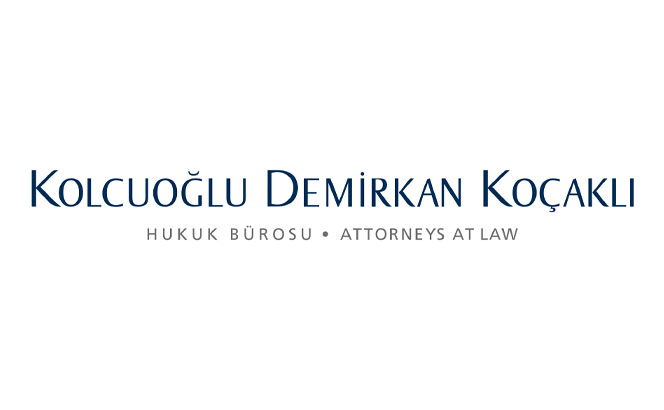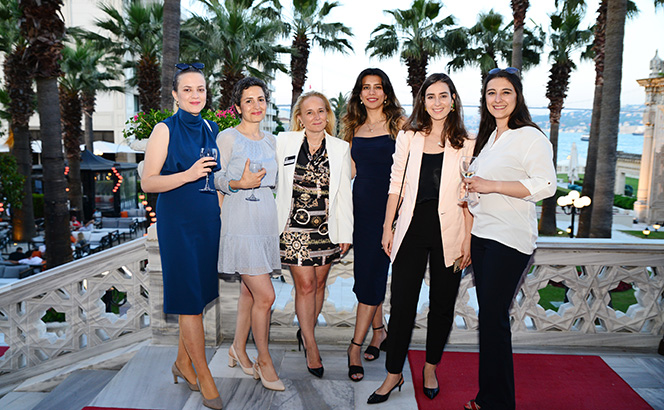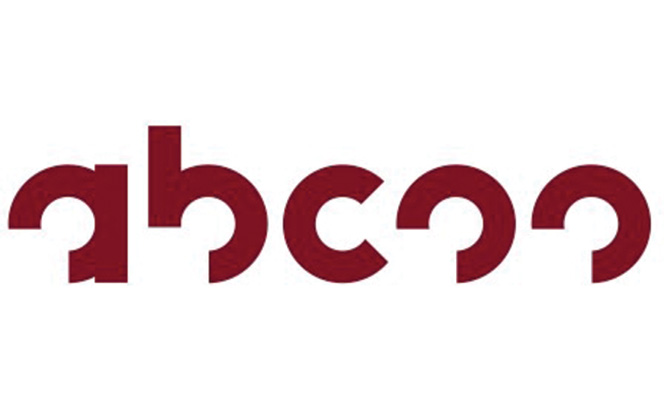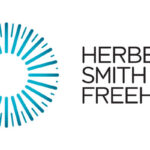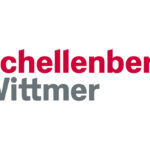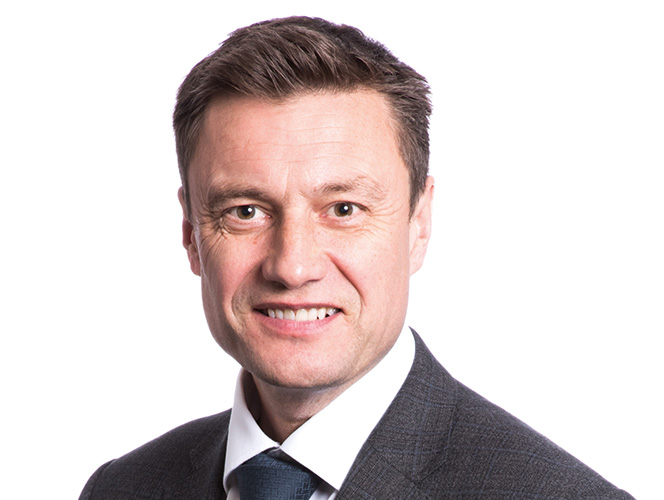
Geographically positioned between Europe and Asia, Turkey is a strategically placed country, with a population of 82 million and a larger youth population than any EU member state. Taking its place on the list of G20 countries, Turkey aims to position itself in the global value chain and strengthen its export platform by focusing on high-tech patents, including electronic machinery and equipment, automotive spare parts, railway and maritime transport, energy generation and efficiency projects. In addition, as a natural transport hub, Turkey is a transitional trade platform between Europe and Asia, which significantly increases the relevance of appropriate IP rights protection.
Turkey has substantially harmonised its intellectual property laws with the EU legislation and the international agreements such as the Paris Convention and TRIPs, to provide effective legal means for enhanced patent enforcement capabilities.


